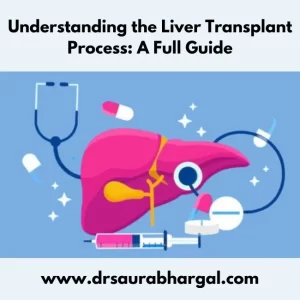Pregnancy is a remarkable and profound journey for every woman. However, it often comes with its fair share of challenges, one of which is acid reflux. Acid reflux during pregnancy can be uncomfortable and disruptive, but the good news is that there are effective solutions that can help you manage it without compromising your well-being or that of your growing baby.
Table of Contents
ToggleUnderstanding Acid Reflux During Pregnancy
Gastroesophageal reflux disease (GERD), commonly referred to as acid reflux, manifests when stomach acid regurgitates into the esophagus, resulting in a painful burning sensation in the chest or throat.During pregnancy, several factors can contribute to the development or exacerbation of acid reflux:
Hormonal Changes:
Hormones like progesterone relax the muscles, including the lower esophageal sphincter (LES), which normally prevents stomach acid from entering the esophagus. This relaxation can lead to increased acid reflux.
Pressure on the Abdomen:
As your baby grows, the expanding uterus can exert pressure on your stomach, pushing stomach acid into the esophagus.
Dietary Choices:
Pregnancy cravings and aversions can lead to dietary changes that may trigger acid reflux. Spicy, fatty, or acidic foods can be particularly problematic.
Elevated Progesterone Levels:
Progesterone, a hormone that increases during pregnancy, can contribute to slower digestion, allowing acid to build up in the stomach.
Solutions to Combat Acid Reflux During Pregnancy
Lifestyle Modifications:
Dietary Changes:
Opt for smaller, more frequent meals to prevent overloading your stomach. Avoid spicy, greasy, and acidic foods that can trigger reflux. Contemplate the idea of maintaining a food journal as a means to pinpoint your individual catalysts.
Stay Upright After Eating:
Instead of lying down immediately after meals, remain upright for at least two hours. This aids in preventing the reflux of stomach acid into the esophagus.
Elevate Your Head:
Elevating the head of your bed or using extra pillows can help reduce nighttime acid reflux symptoms.
Over-the-Counter (OTC) Antacids:
OTC antacids like Tums or Rolaids can provide temporary relief from heartburn. However, it’s important to consult your healthcare provider before using any medication during pregnancy.
Prescription Medications:
If lifestyle modifications and OTC antacids are ineffective, your healthcare provider may recommend prescription medications that are safe during pregnancy, such as H2 blockers or proton pump inhibitors (PPIs). Always follow your healthcare provider’s guidance regarding medications.
Maintain a Healthy Weight:
Maintaining a healthy weight during pregnancy can reduce the risk of acid reflux. Consult with your healthcare provider to explore safe exercise choices while pregnant.
Stress Management:
High-stress levels can exacerbate acid reflux. Practice stress-reduction techniques like yoga, meditation, or deep breathing exercises.
Sleep on Your Left Side:
Sleeping on your left side can help reduce acid reflux symptoms as it keeps the stomach below the esophagus, preventing acid from flowing back up.
Visit a stomach specialist doctor in Indore
Conclusion
Acid reflux during pregnancy can be challenging, but with the right strategies, you can manage it effectively. Keep in mind that each pregnancy is distinct, and what proves effective for one individual may not yield the same results for another. It’s crucial to consult with your healthcare provider before making any significant changes to your diet or medication regimen during pregnancy. By incorporating lifestyle modifications, natural remedies, and possibly medications as advised by your healthcare provider, you can navigate this discomfort and focus on the joy of your pregnancy journey.








